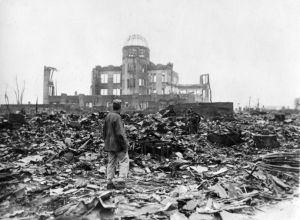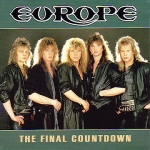The last couple of months have been a busy time, as they generally are for anyone working in higher education. Essay marking, exam marking, exam boards, moderation meetings, and all the other vital administrative tasks required in a moder university. Hence, a scarcity of posts.
In amongst all the admin, though, there have been some great moments. The teaching awards that I mentioned in this post? I won! Thanks to the kind words of my undergraduate students, The Nuclear Cold War won best course (out of the entire university!) at the annual Edinburgh University Students’ Association Teaching Awards. I now have a rather nice glass award on my desk.
Mark and I recorded a sequel to our podcast on nuclear fallout, which turned out quite well. More recently, we recorded an episode on the AIDS crisis in the United States during the 1980s. A challenging topic, but one of great interest.
And last week, I had my first artice accepted for publication by Cold War History. It honestly felt like a great weight had been lifted off my shoulders. That first publication is – for me – a huge milestone, a step towards a full-time career in academia. The article is on British arms sales to India in the 1970s, and the ways in which they complicated nuclear non-proliferation diplomacy. Not sure when it will be out yet (these things take quite a while), but I’m thrilled that some of my research will be in print.
Over the summer, I should have some time to research and write. Part of that at least will involve more posting!
Tags: american history too podcast, EUSA teaching awards, fallout, Journal of Cold War History, publications, self-congratulatory waffle, teaching, undergraduate teaching, university of edinburgh





